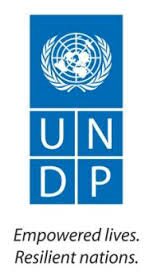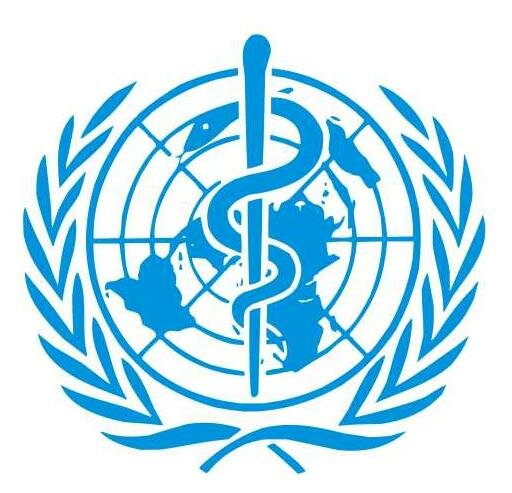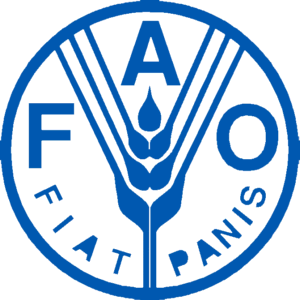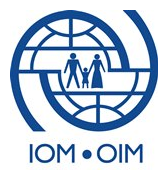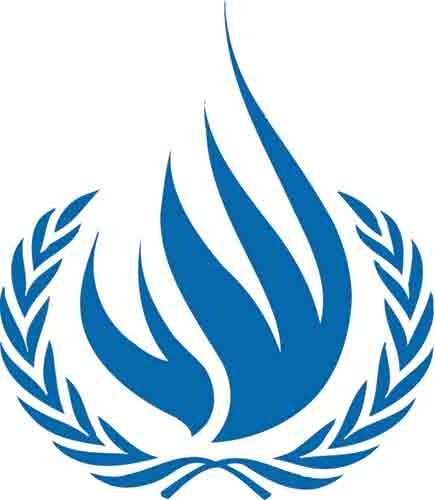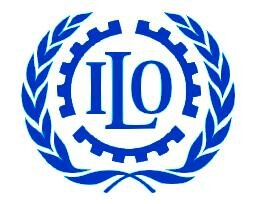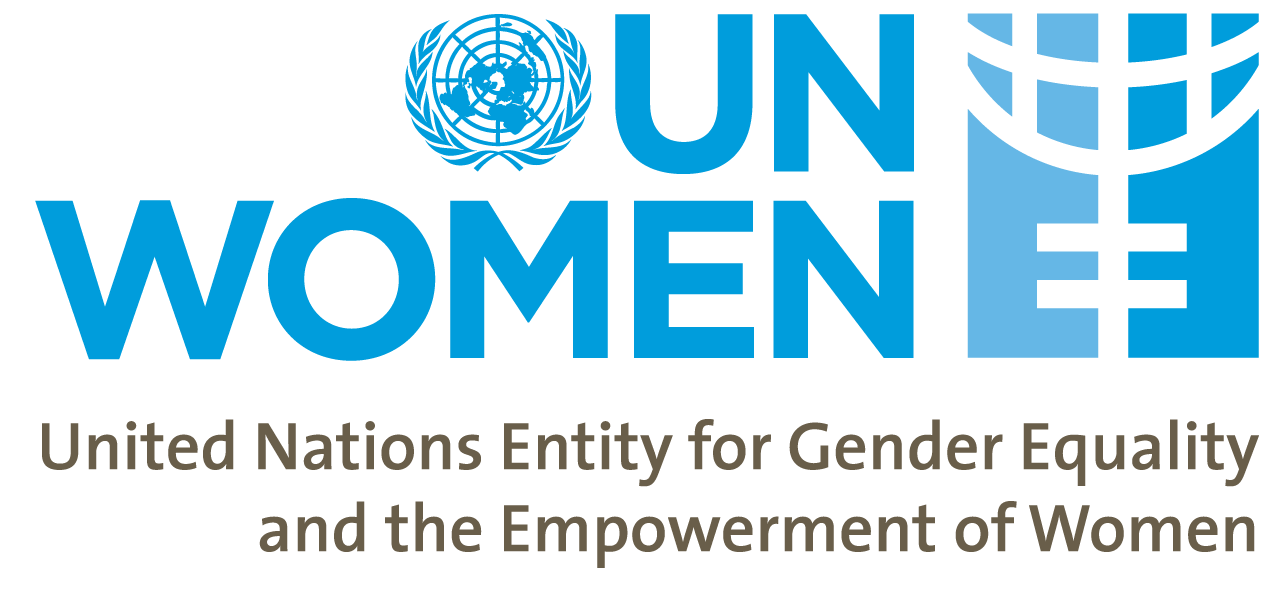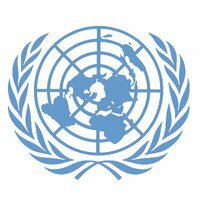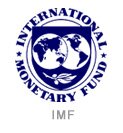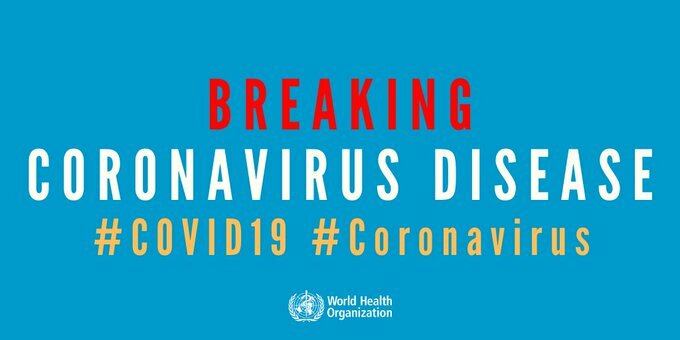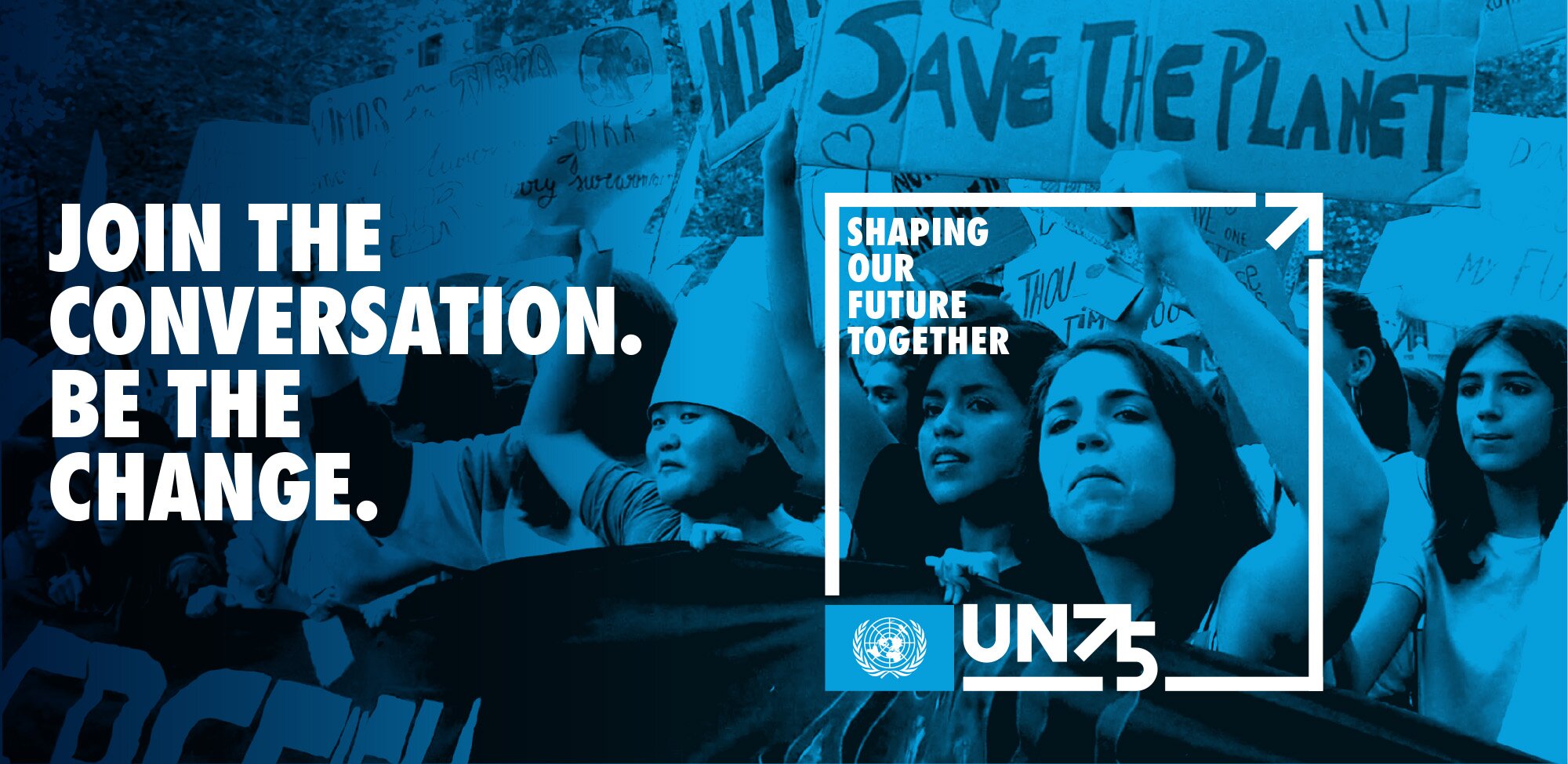In focus
24 May 2020 
To mark its 75th anniversary in 2020, the United Nations is igniting a people’s debate.
Launched by UN Secretary-General António Guterres, it promises to be the largest and furthest-reaching global conversation ever on building the future we want.
In a world of dramatic changes and complex challenges, from the climate crisis to population shifts to the unknown course of technology, we need collective action more than ever before.
Through UN75, the United Nations will encourage people to put their heads together to define how enhanced international cooperation can help realize a better world by 2045, the UN’s 100th birthday.
At this pivotal moment in history, UN75 asks three big questions: What kind of future do we want to create? Are we on track? What action is needed to bridge the gap?
Anyone can join the conversation. Online and offline, in formal and informal dialogues,
UN75 will involve as many people as possible. Together, they will share their hopes and fears, assess current and future risks and opportunities, and source solutions for global cooperation.
The survey is available in Georgian: https://un75.online/?lang=geo
Continue Reading...
22 May 2020 
NEW YORK, 21 MAY 2020—The United Nations is launching ‘Verified’, an initiative to combat the growing
scourge of COVID-19 misinformation by increasing the volume and reach of trusted, accurate information.
“We cannot cede our virtual spaces to those who traffic in lies, fear and hate,” said UN Secretary-General,
António Guterres, who announced the initiative. “Misinformation spreads online, in messaging apps and person to person. Its creators use savvy production and distribution methods. To counter it, scientists and institutions like the United Nations need to reach people with accurate information they can trust.”
Verified, led by the UN Department for Global Communications (DGC), will provide information around three themes: science – to save lives; solidarity – to promote local and global cooperation; and solutions – to advocate for support to impacted populations. It will also promote recovery packages that tackle the climate crisis and address the root causes of poverty, inequality and hunger.
The initiative is calling on people around the world to sign up to become “information volunteers” to share trusted content to keep their families and communities safe and connected. Described as digital first responders, the volunteers will receive a daily feed of verified content optimized for social sharing with simple, compelling messaging that either directly counters misinformation or fills an information void.
DGC will partner with UN agencies and UN country teams, influencers, civil society, business and media organizations to distribute trusted, accurate content and work with social media platforms to root out hate and harmful assertions about COVID-19.
Continue Reading...
14 May 2020 
Decades of neglect and underinvestment in addressing people’s mental health needs have been exposed by the COVID-19 pandemic, the UN said on Thursday, in a call for ambitious commitments from countries in the way they treat psychological illness, amid a potential global spike in suicides and drug abuse.
Spearheading the alert ahead of the upcoming World Health Assembly in Geneva, UN Secretary-General António Guterres urged the international community to do much more to protect all those facing mounting mental pressures.
Launching the UN policy brief - COVID-19 And The Need for Action On Mental Health – Mr. Guterres highlighted how those most at risk today, were “frontline healthcare workers, older people, adolescents and young people, those with pre-existing mental health conditions and those caught up in conflict and crisis. We must help them and stand by them.”
In a video message, the UN chief highlighted how psychological problems such as depression and anxiety “are some of the greatest causes of misery in our world”.
He noted how throughout his life “and in my own family, I have been close to doctors and psychiatrists treating these conditions”, and how he had become “acutely aware of the suffering they cause. This suffering is often exacerbated by stigma and discrimination.”
Continue Reading...
08 May 2020 
COVID-19 does not care who we are, where we live, what we believe or about any other distinction. We need every ounce of solidarity to tackle it together. Yet the pandemic continues to unleash a tsunami of hate and xenophobia, scapegoating and scare-mongering.
Anti-foreigner sentiment has surged online and in the streets. Anti-Semitic conspiracy theories have spread, and COVID-19-related anti-Muslim attacks have occurred. Migrants and refugees have been vilified as a source of the virus -- and then denied access to medical treatment. With older persons among the most vulnerable, contemptible memes have emerged suggesting they are also the most expendable. And journalists, whistleblowers, health professionals, aid workers and human rights defenders are being targeted simply for doing their jobs.
We must act now to strengthen the immunity of our societies against the virus of hate. That’s why I’m appealing today for an all-out effort to end hate speech globally.
Continue Reading...
28 Apr 2020 
There will be no return to the “old normal”, governments must act to create a new economy and more jobs
NEW YORK, 27 APRIL 2020—The urgent health crisis that is COVID-19 has created a historic recession with record levels of deprivation and unemployment, creating an unprecedented human crisis that is hitting the poorest hardest, especially women and children. In a new framework released today as a roadmap to support countries’ path to social and economic recovery, the United Nations calls for an extraordinary scale-up of international support and political commitment to ensure that people everywhere have access to essential services and social protection.
The “United Nations Framework for the immediate socio-economic response to COVID-19: Shared responsibility, global solidarity and urgent action for people in need” calls for protecting jobs, businesses and livelihoods to set in motion a safe recovery of societies and economies as soon as possible for a more sustainable, gender-equal, and carbon-neutral path—better than the “old normal”.
“This is not only a health crisis but a human crisis; a jobs crisis; a humanitarian crisis and a development crisis.
And it is not just about the most vulnerable. This pandemic shows that we are all at risk because we are only as strong as the weakest health system. Its unprecedented scale demands an unprecedented response,” said United Nations Secretary-General António Guterres, who presented his report on the socio-economic impacts of COVID-19 “Shared Responsibility, Global Solidarity” in March.
Continue Reading...
23 Apr 2020 
The COVID-19 pandemic is a public health emergency — but it is far more.
It is an economic crisis. A social crisis. And a human crisis that is fast becoming a human rights crisis.
We see the disproportionate effects on certain communities, the rise of hate speech, the targeting of vulnerable groups, and the risks of heavy-handed security responses undermining the health response.
More than ever, governments must be transparent, responsive and accountable. Civic space and press freedom are critical.
The message is clear: People — and their rights — must be front and centre. -- The UN Secretary General message on Human Rights and COVID-19.
Continue Reading...
22 Apr 2020 
TED-Ed, UNEP, and 30 other collaborators launch a free educational platform for environmental adventures available to teachers, parents, students, and curious global citizens
Nairobi, 22 April 2020 - In response to the COVID-19 crisis, an unprecedented coalition has come together to launch “Earth School,” which provides free, high-quality educational content to help students, parents and teachers around the world who are currently at home. Initiated by the UN Environment Programme (UNEP) and TED-Ed, Earth School takes students on a 30-day “Adventure” through the natural world.
Continue Reading...



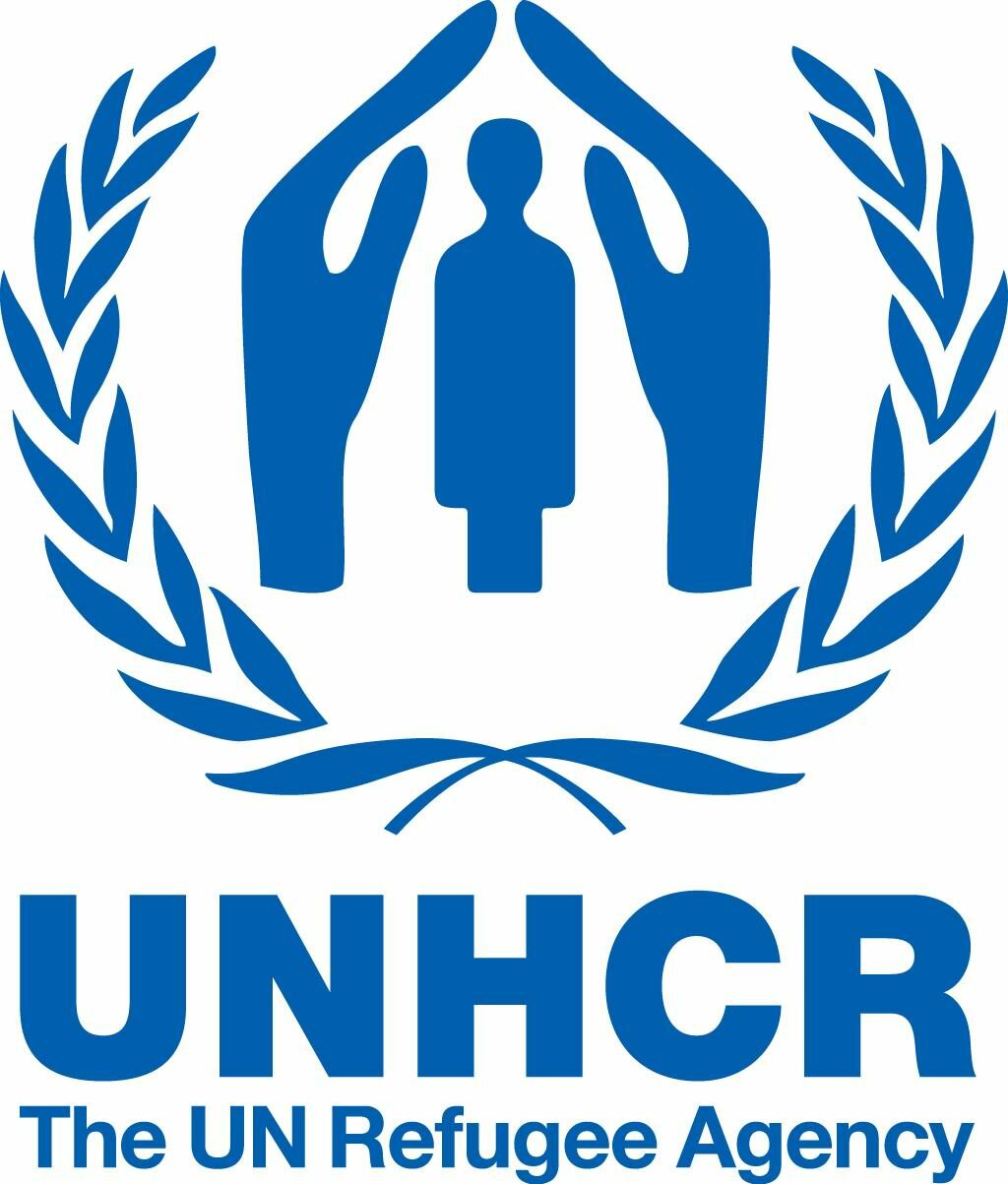
.jpg)

